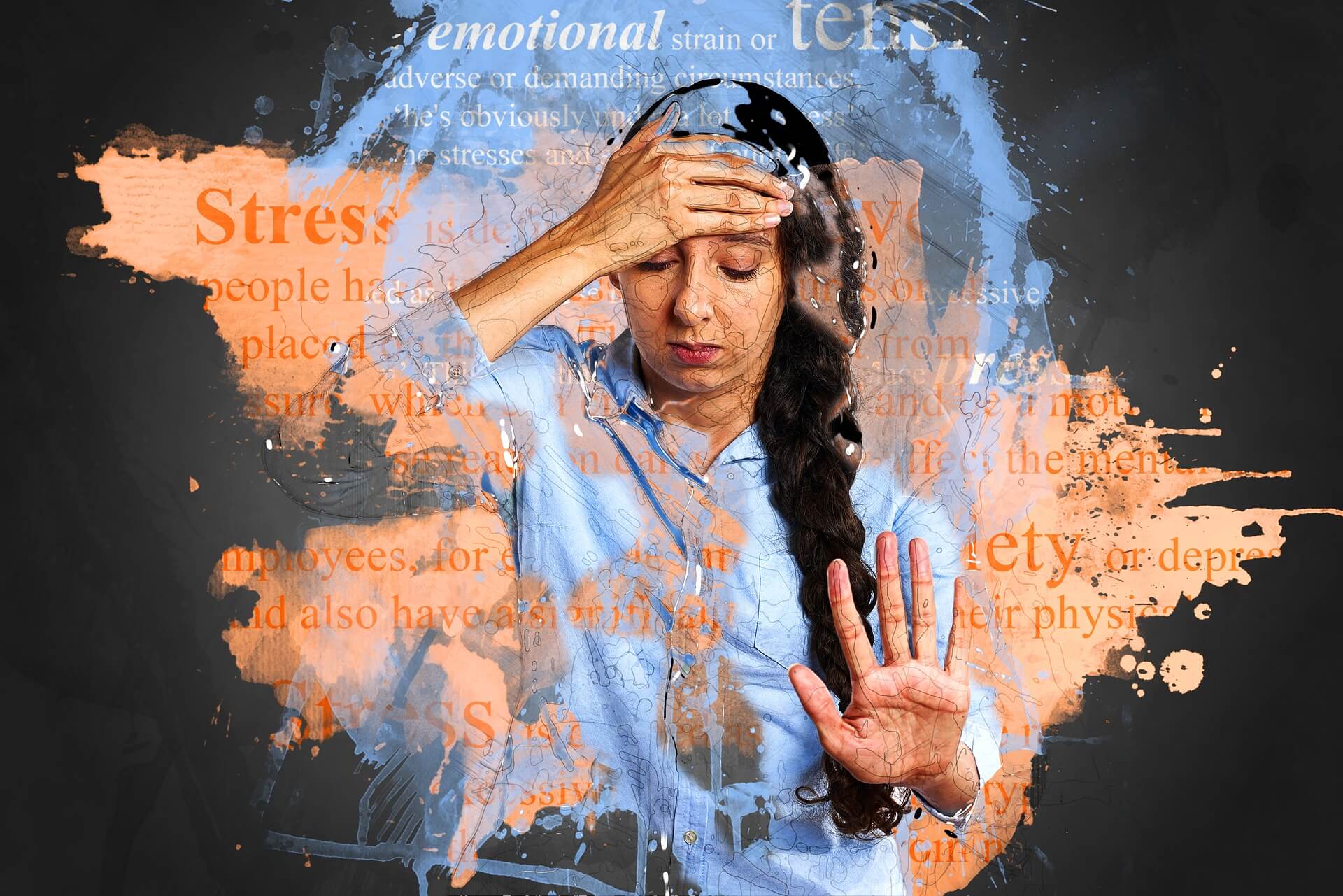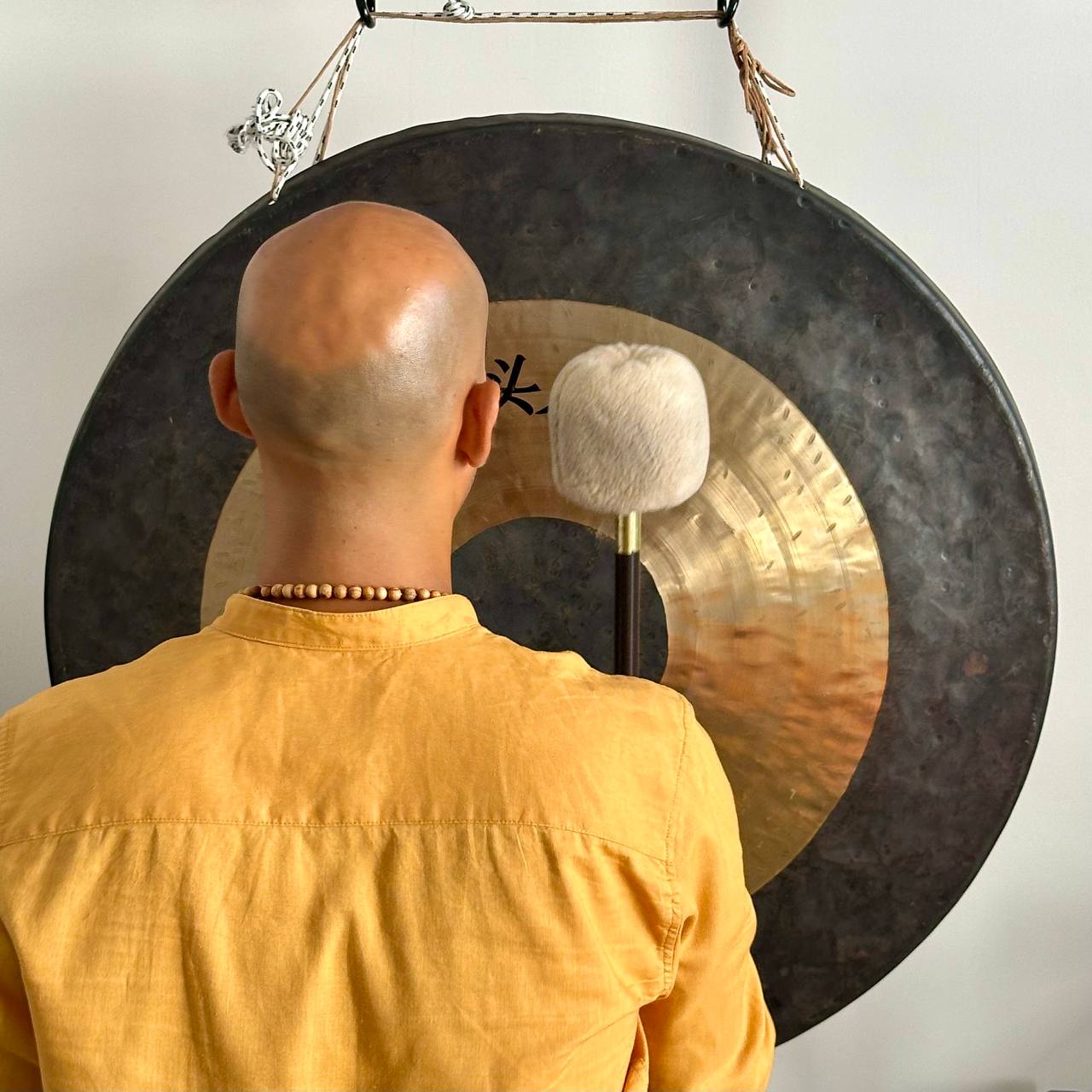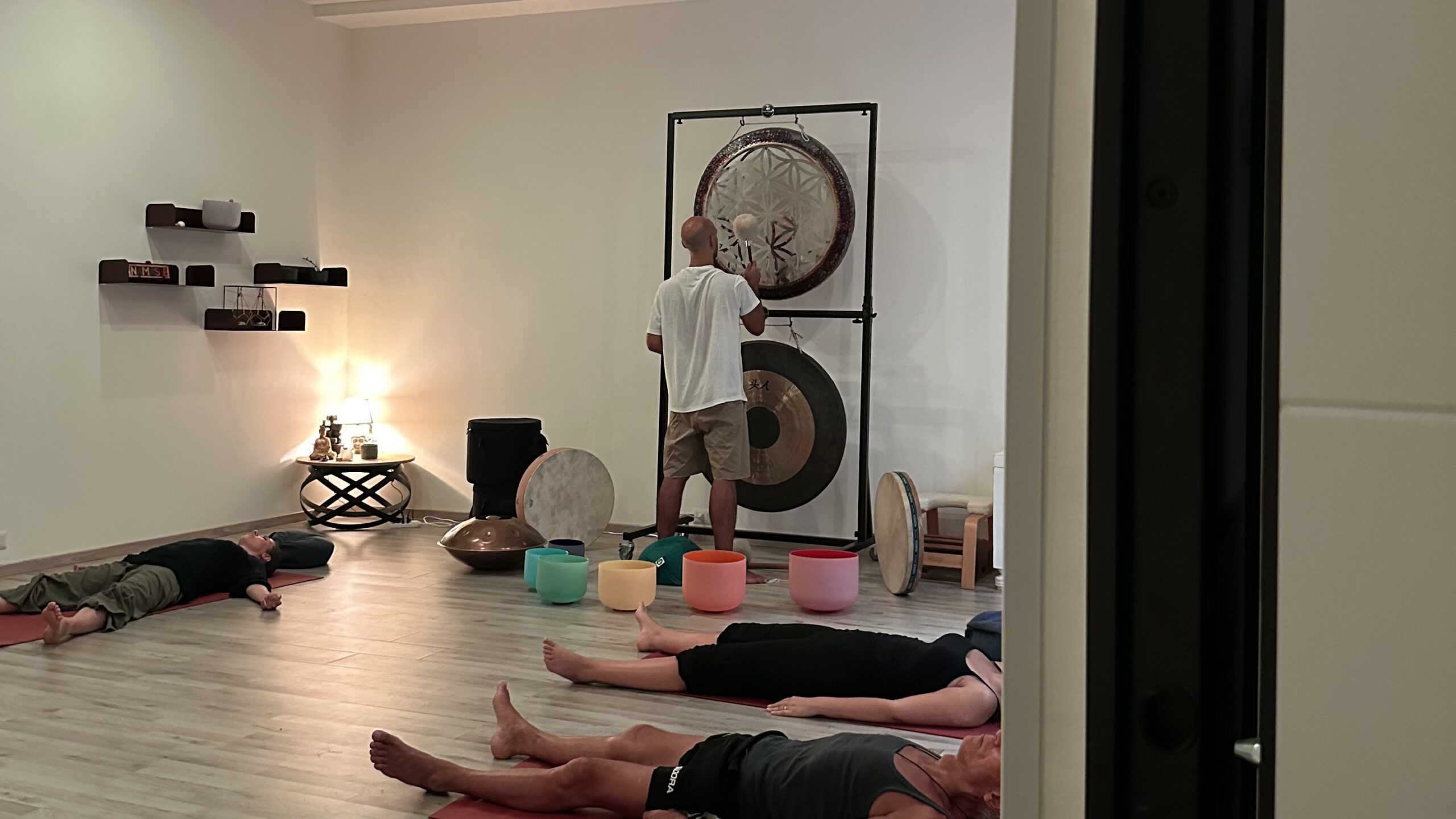MINDFULNESS AND ANXIETY: WHAT IS ANXIETY?
Anxiety is defined as an instinctive defense reaction, an alarm proper to the self-preservation instinct, but also a state of emotional tension that is often accompanied by physical symptoms.
People who live in a constant state of anxiety are immersed in disproportionate and incongruous worries in different areas of life. In fact, those suffering from anxiety disorder tend to be constantly on alert, to worry excessively about anything, showing a significant reduction in the quality of life over time. Compared to other psychiatric conditions such as social phobia or panic attacks, often attributable to specific and circumscribed worries, in generalized anxiety the worries do not concern a specific topic , but they are extended to different areas of a person’s life.
The typical symptoms are:
- restlessness or psychic tension constant
- feeling empty and chronic tiredness
- fatigue in concentration resulting in memory impairment
- easily nervous and irritability
- Chronic muscle tensions that can concentrate in the limbs, neck and back muscles and generate pain
- difficulty falling asleep and staying asleep, or restless and unrefreshing sleep.
Many people ask me: when does anxiety hurt the heart? The trivial answer is when for a long period of time you constantly poison yourself with your own negative thoughts which generate a downward spiral of negative effects in your body.
MINDFULNESS AND RUMINATION: WHAT IS DEPRESSION?
The depression can manifest itself in different forms (such as bipolarity or dysthymia, a mild chronic form of depression), in which biological, psychological and social factors intervene in different ways.
In general, the depressive disorderdepressive is not the consequence of a specific event, but derives from its interaction with an individual vulnerability. Depression should not be confused with the sadness or demoralization that we all experience in occasional and short-lived situations, as can happen with other moods such as anxiety, happiness or fear. Depression is a true disease in which the way we perceive ourselves and the world around us changes. Depressed subjects lose the pleasure of existing, lose interest and vital impetus, have a low mood all day, every day, cannot go on and have thoughts of death. The general malaise is accompanied by many other ailments: they range from loss of appetite and therefore weight, without having been on a diet, to its significant increase; from insomnia to hypersomnia; from agitation to physical and mental slowdown.
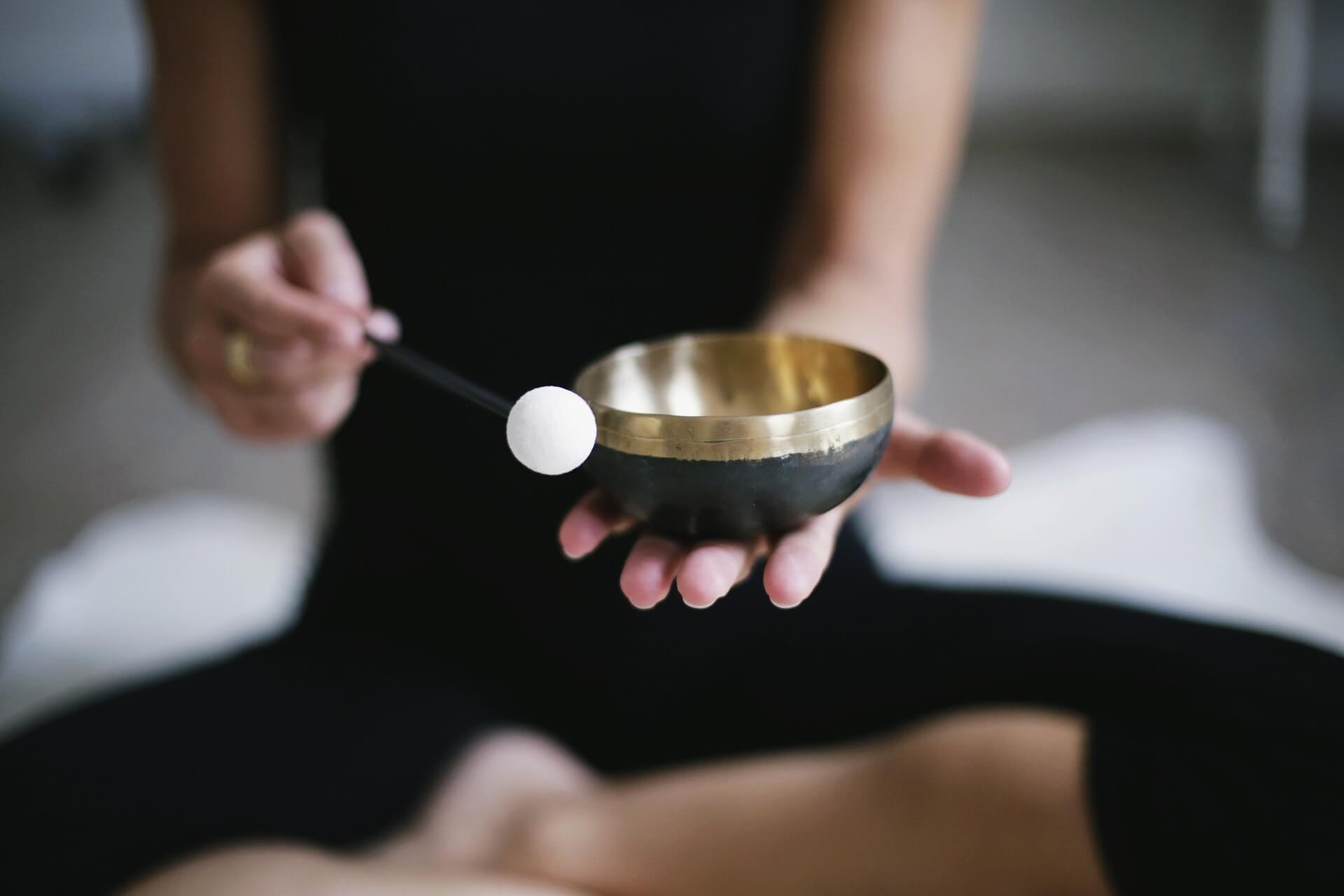
When anxiety and depression overlap and coexist, we speak of depressive anxiety which is characterized by a combination of anxious and depressive symptoms. The main ones are difficulty concentrating, feeling “lightheaded”, feeling tired or low on energy, hypervigilance, worry, crying, tendency to make negative predictions about the future, hopelessness, low self-esteem or feelings of disgust self.
These symptoms are also accompanied by more or less relevant physical disturbances, including gastrointestinal disturbances, musculoskeletal pain, dry mouth, tachycardia, tremors, dizziness and sleep disturbances.
This symptomatology causes considerable discomfort, with the risk of more or less significantly compromising social, family, working life, etc. , not only make professional activities difficult, but they can also put relationships with others to the test and academic performance in the youngest. In addition, this pathology can cause further consequences, such as substance abuse.
In this package, you will find how to manage anxiety and depression thanks to Guided Meditations and some specific Mindfulness exercises.
MINDFULNESS THERAPY: WHAT IT IS AND HOW IT HELPS THOSE SUFFERING FROM ANXIETY AND DEPRESSION
The term Mindfulness is a translation of an ancient term in the Pali language “sati” which means precisely awareness, attention, prompt attention. This term is characterized by a nuance related to recollection, remembering, remembering to constantly return to direct observation of experience when one realizes that it has been lost.
La Mindfulness deriva direttamente dalle pratiche meditative orientali e solitamente la si contrappone alla riflessione concettuale di stampo filosofico in quanto non focalizzata sull’elaborazione di nuove e importanti idee. E’ infatti centrale nella Mindfulness riconoscere e prendere confidenza con i propri processi psicologici sottostanti alla costruzione ed elaborazione delle idee. Scopri di più nell’articolo su Mindfulness e Meditazione: quali differenze e come si praticano.
The human mind tends to never live in the present and to be a slave to so-called ‘psychological time’ or to constantly worry about what is yet to happen or to continually ruminate on the past. This obsessive tendency often leads to wasting the life one lives, to losing important information, experiences and opportunities and above all to communicating superficially, risking greater misunderstandings in relationships with others. The suffering that is generated exposes the person to much more stress than one realizes, with the various physical and mental consequences that can derive from it.
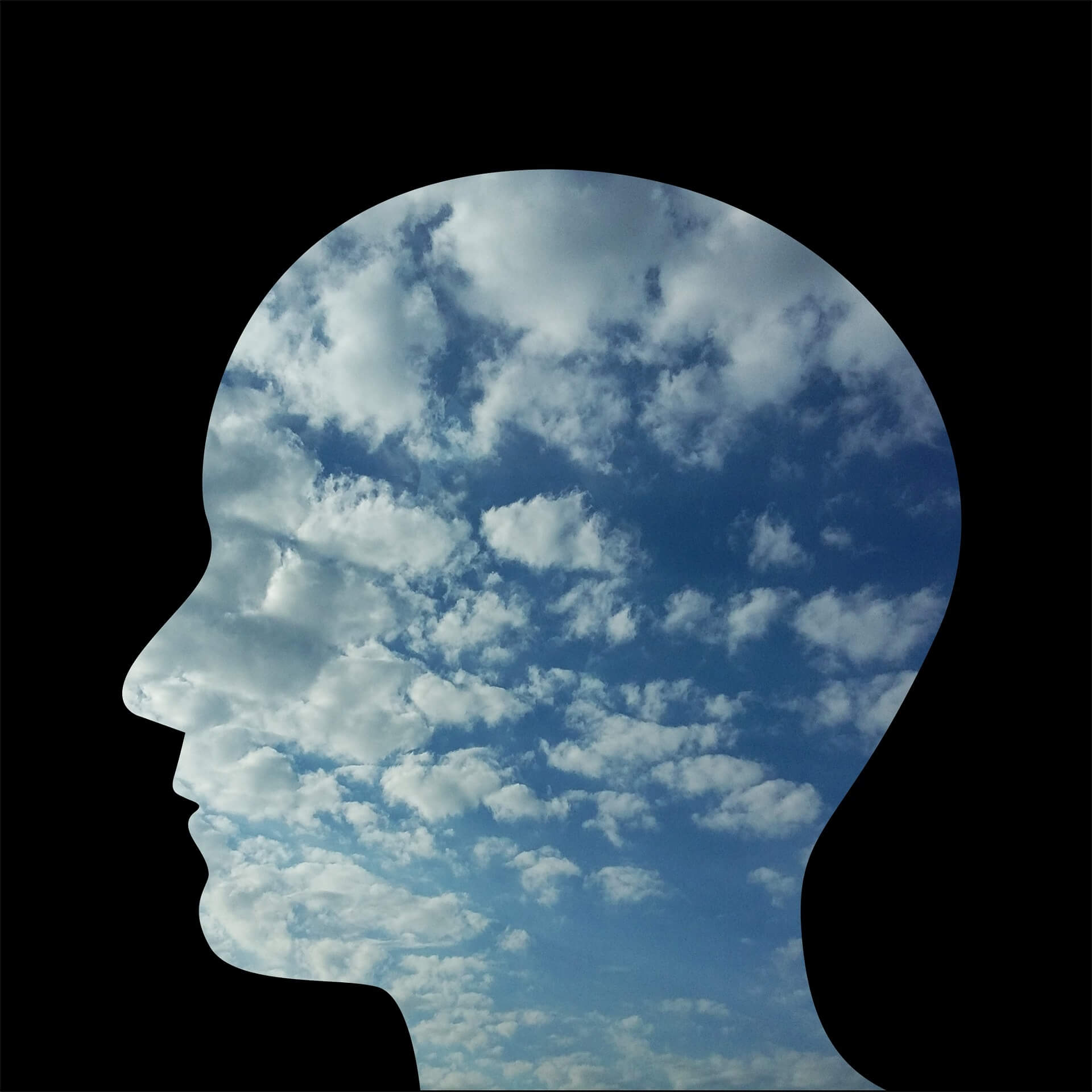
The factor underlying all suffering is always the identification with the mind which makes thought compulsive and hinders the direct experience of reality, often preventing one from finding that dimension of inner stillness. Identification with that constant voice in the mind generates a false self that we could define as ‘ego’, that is, an opaque screen made up of concepts, labels, images, judgments and interpretations that stands between the person and his or her interiority and blocks any real interpersonal relationship. This definition is not meant to demonize the mind, which is an exceptional tool when used in the right way, such as in the cognitive, practical or work functions of daily life.
I am referring to when a person is completely identified with his ego, which is equivalent to making the mind no longer a useful tool but it is it that takes total control over our lives, dragging us into a dangerous and uncontrollable vortex of rumination. You can read more about Mindfulness, Anxiety and Depression in my article on how to find inner peace.
MINDFULNESS AND STRESS: STRESS REDUCTION BASED ON MINDFULNESS
The Mindfulness Based Stress Reduction protocol usually labeled as part of behavioral medicine or mind/body medicine was developed by Prof. Jon Kabat Zinn in the late 1970s at the ‘University of Worcester (Boston, Massachusetts. By the end of the 1990s, there were already more than 400 hospitals and medical centers in the United States where MBSR was being applied. Over the years, due to its clinical potential preventive and rehabilitative, has found its place in intervention programs in prisons and schools, and in various organizations to address many of the physical and psychological problems related to stress.
The perspective of mindfulness introduces a profoundly different way of relating to one’s own experience, internally and externally, especially for those who constantly live in a state of mindfulness strong>anxiety and depression. It’s a way to get in touch with what’s happening inside and outside of us; a way to take care of the body and mind, developing the ability to stay in the present; a systematic method to manage stress, pain and illness, but also to effectively face the challenges of everyday life; undoubtedly a capacity that has always been intrinsic to us human beings, which must simply be rediscovered.
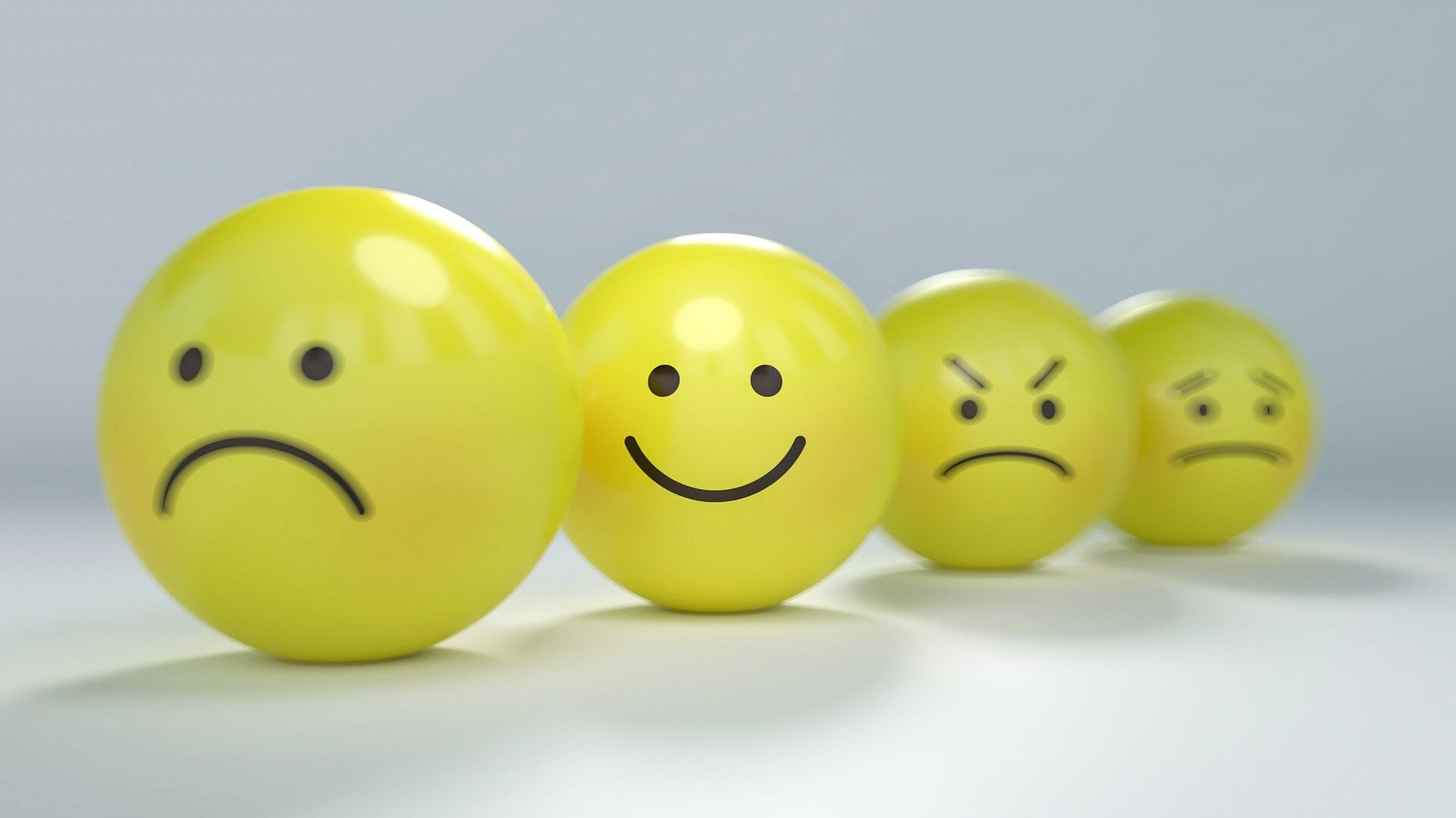
The constant practice of Mindfulness following the MBSR protocol allows the person suffering from anxiety and depression to understand both the underlying emotions and to observe the beliefs mental without getting trapped in the spiral of negative thoughts.
In both the case of anxiety and depression, the underlying emotion is existential fear, which is due both to the constant identification with one’s self (stream of unconscious thoughts, see above) and to all the experiences of fear lived since children who were not processed back then and who therefore continue to be present in us and are inevitably recalled by life’s events.
Through practice we can recognize and connect with these fears, allowing them to be there without repressing them but welcoming them with awareness and kindness. Just like children, emotions heal when they are felt and acknowledged with loving attention.
The fundamental energy opposite to fear is love. To better understand how these two apparently opposite poles are instead connected through the metaphor of darkness and light.
Darkness is a state of affairs which is not in itself negative, it exists when light is absent. Darkness shouldn’t be analyzed or contrasted, just open the window or turn on the light and it vanishes. The same goes for our emotional suffering and the light in this case is love. If through the light of our awareness we recognize and lovingly accept the emotion instead of fighting it, it fades away and a real transformation takes place in us.
There are several exercises based on mindfulness that can be done daily to train to recognize and let go of thoughts and emotions, changing their life experience, discover them in this article I previously wrote about Mindfulness, anxiety and depression.



